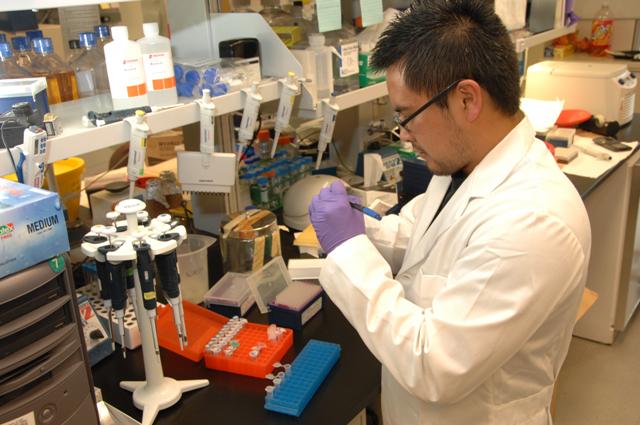
These developments, if they continue, could be very interesting and could have large consequences:
I was struck, too, by this particular passage in the article, referring to the open publishing procedure at arXiv:
It does not provide formal peer review, but physicists are not shy of criticising the work of others, so a lot of informal (and un-anonymous) feedback can accumulate rapidly. This potential flak is a deterrent to publishing half-baked work.
Some critics of the old Maxwell Institute and, now, of the Interpreter Foundation, insist that we can’t be taken seriously because we don’t use peer review. Their claim is false. We do. Modeled on the very peer review procedures used in academic generally. But their notion of the function of peer review is also mistaken. Peer review is a very useful tool for editors and publishers. It’s intended to help them evaluate whether a submitted manuscript meets basic scholarly standards and is free of egregious errors. It helps them decide whether or not to publish a manuscript in the first place. It helps them, sometimes, to improve manuscripts that have been submitted to them. It’s for them far more than it’s for the general public. It doesn’t, however, guarantee that a paper or a book is correct, that its position is true, or that its argument is sound, let alone that the item in question is infallible. The really meaningful evaluations are made over time, as scholars, scientists, and other readers work through what’s been published.
















